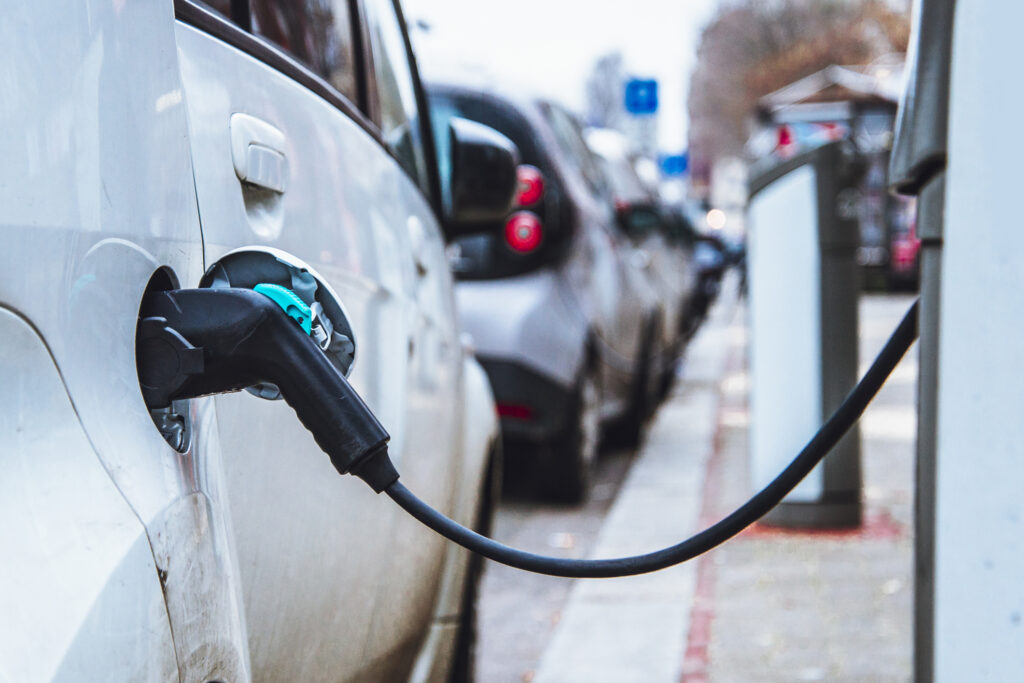The government has been accused of failing to match its own rhetoric over the electric vehicle transition, as its response to a damning report on the subject was slammed.
Late last week the government’s response to a Business, Energy and Industrial Strategy select committee was published, prompting accusations that the government was once again demonstrating a lack of ambition and clarity on EV policy issues.
The select committee’s report, published in mid-October 2018, lashed the government for a lack of ambition and was published just as it announced changes to the plug-in car grant, reducing the subsidies on offer.
It issued a series of recommendations spread across several sub-sectors, which the government responded to just prior to Christmas. The response was then published by the select committee last week.
Many of the select committee’s recommendations surrounding infrastructure focused on the government making full use of its existing powers and being prepared to intervene should the market not sufficiently respond to demand.
However the government’s response could perhaps best be described as waiting and seeing. It repeatedly states that it does not want to “intervene unnecessarily” given the early stage of the transition, arguing that doing so risked “stifling innovation and hampering competition”.
It points to a range of powers at its disposal, such as measures within the Automated and Electric Vehicle Act which allow the government to mandate for the installation of rapid chargers at “key strategic locations” no matter the project economics, and the Infrastructure Projects Authority’s Charging Infrastructure Investment Fund, a £400 million initiative to bring private investment into the EV infrastructure sphere.
But the government has conceded that more work is required to stimulate the development of on-street charging solutions and localised charging hubs.
It teased the launch of consultation, slated for early this year, which will consult on changes to the country’s planning framework which could introduce minimum requirements for EV charging infrastructure in the new build sector.
Proposals on the table stand to include regulations for the inclusion of EV charging points in all new homes where appropriate, and new standards for non-residential developments and publicly accessible car parks.
Outside of charging infrastructure, one of the committee’s principal recommendations was that a more ambitious phase-out of conventional vehicles was required. The UK government has set a target to end the sale of conventional vehicles by 2040, however several other countries – perhaps most notably Scotland, whose policy in this field is devolved, which has set a target of 2032 – one that the government has again insisted is “consistent with evidence”.
The government’s response to the EV report argued that such a target was “ambitious, but achievable”, and stressed that the 2040 date “identified the right balance between environmental ambitions, deliverability and behavioural changes, giving consumers and industry time to transition.”
However it did open the door for the target to be revisited in 2025. It argued that the transition to plug-in vehicles could conceivably happen much quicker, with some parties estimating that plug-in vehicles will be as cheap as conventional vehicles by the mid-2020s.
The government has said it will review the country’s progress towards the target in 2025 and will, crucially, “seek to maintain” its “leadership position”.
Failing to match the rhetoric
But the government’s response has failed to appease select committee chair Rachel Reeves, who said the government “continues to fail to match its own rhetoric” when it comes to encouraging the EV transition.
“The government’s response to the BEIS Committee’s report highlights once again the lack of ambition and vagueness of the UK government’s targets on zero-emissions vehicles.
“If the government is serious in its commitment to ensuring the UK is a world-leader in electric vehicles, then it needs to give a clear and unambiguous target to help industry and the consumer make the switch to EVs. To ensure the UK seizes the opportunities to develop a globally-competitive EV industry, and takes a lead on decarbonising our transport, the government must come forward with a target of new sales of cars and vans to be truly zero emission by 2032.
“It’s also vitally important that the Government comes forward with detailed policies and actions to help make electric vehicles an attractive option, not least by ensuring that consumers across the UK have access to convenient and reliable charging points for their EVs,” she said.
Her sentiments were echoed by Daniel Brown, policy manager and EV lead at the Renewable Energy Association, who said the committee was right to “point out that issues remain”.
“The REA hopes to see action on ensuring interoperability and standardisation of charge point payment and communications systems and are concerned that a range of proposed grid changes are not in sync with ensuring the cheaper, low-carbon, and more flexible power system we are striving for. Consumer protection needs to be enhanced, particularly as we dramatically ramp up home and workplace installations, and certain DNO practices need to be amended to ensure roll out gathers pace, rather than slows,” he said.





